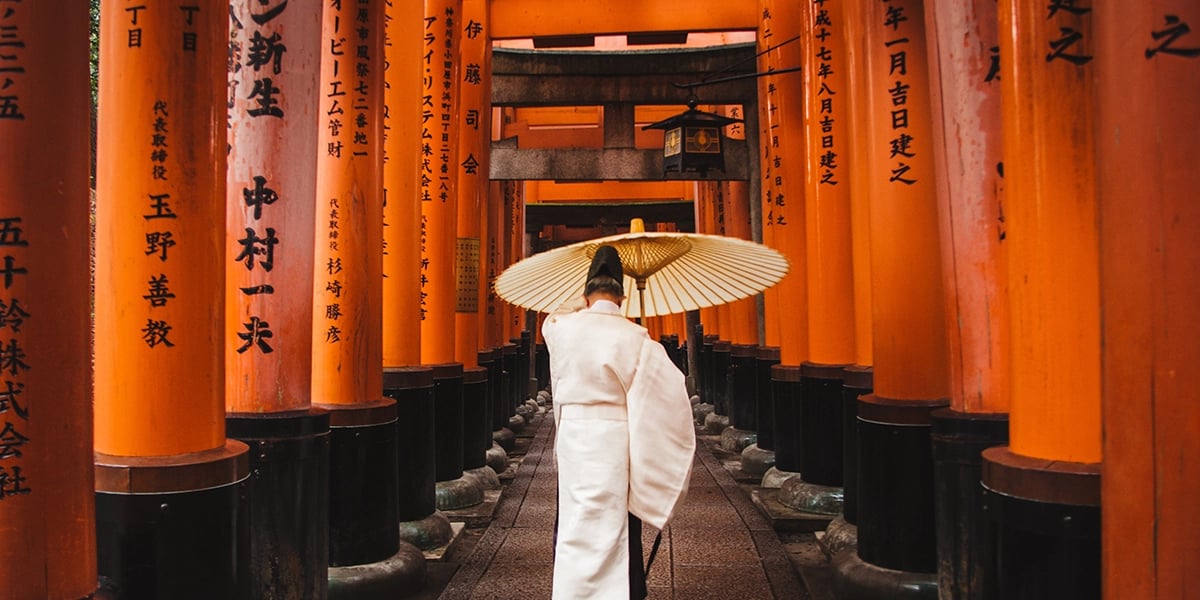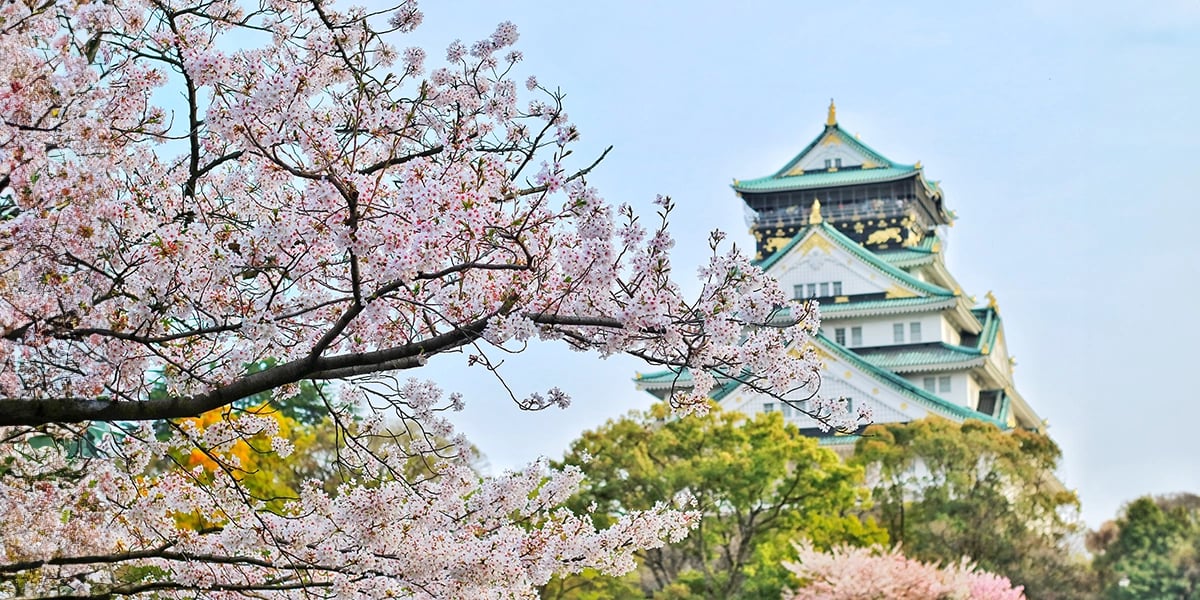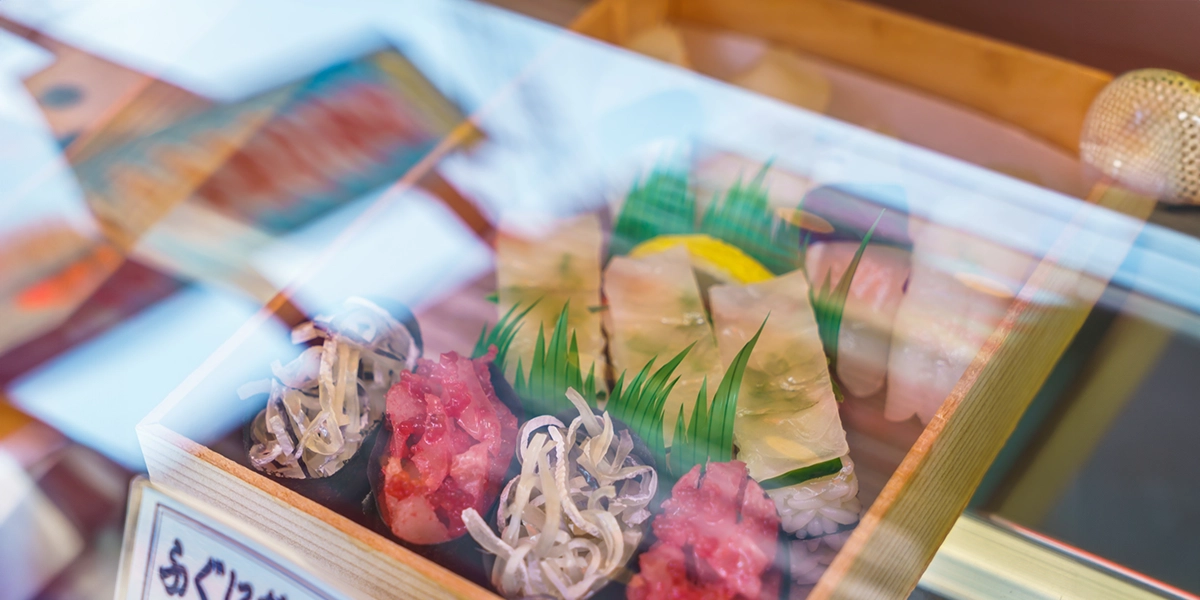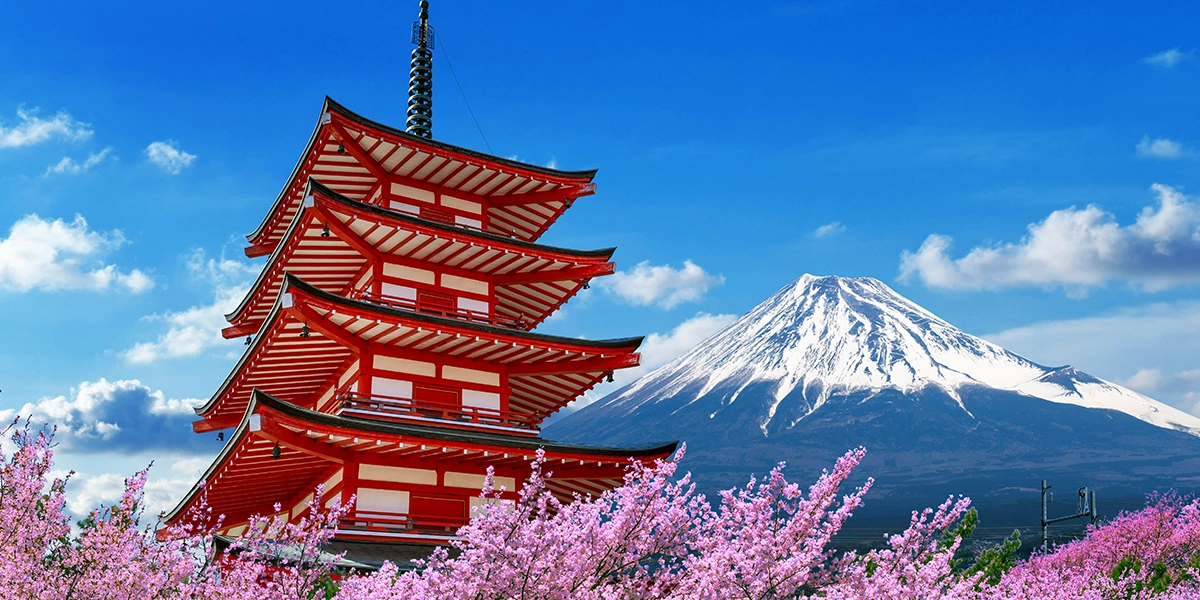
Japan is one of the most fascinating countries not only in Asia but in the entire world. Numerous features and peculiarities can be found that astonish anyone who visits. From gastronomy to clothing, through customs and their devotion to discipline, Japan presents qualities as different from Western ones as they are attractive.
The Japanese serve as role models in many aspects of society. They are organized, respectful, and have customs that are the envy of most countries. Respect is paramount for them, and any breach of it is not taken lightly.
Few cultures can contribute as much to new learning experiences as Japan. Spending time studying and getting to know its history, customs, and traditions can expand the mind and pave the way for an unforeseen future.
If you are planning a study trip to an oriental country, it is important to consider the main characteristics of its culture so that there are no discomforts or misunderstandings upon arrival. Japan is incredible, but to study in Japan, it is better to understand the essence of Japan beforehand.

1. Punctuality
One of the most ingrained customs in the culture and the main one to consider during a school trip to Japan is punctuality. For the Japanese, being late for an appointment is a sign of disrespect towards the other person's time. Making someone wait is a show of disrespect and can cause a significant offense. Hence, the Japanese are strictly punctual, and it is one of the most marked traits of their education and culture.
2. Customer Service in Restaurants
In Japan, they will always strive to provide you with first-class service. When the diner arrives, they are greeted with a welcome (irasshaimase!) and bid farewell kindly (gozaimashita!). Also, throughout the stay, they are quite attentive to ensure nothing is lacking and the service is perfect.
Additionally, it is common for them to serve otoshi or tsukidashi. This dish is served without you ordering it, and it is added to the bill, meaning you have to pay for it. The exact reason for doing this is not known. Some argue that it is to inform the diner that their order has been taken, while others suggest it is to allow customers to have something to eat while waiting for their order.
Another Japanese custom at tables or in restaurants is that water is always free. Also, you should know that in Japanese culture, tipping does not exist, so never leave a tip as it can be taken as an offense, and the server may feel obliged to return it.
3. No Shoes Indoors
It is a general custom not to wear shoes inside the house. You can walk indoors in socks or some special type of sandals, but the rules dictate that you must take off your shoes before entering any residence. The reason is simple: the Japanese are repulsed by the idea of spreading street bacteria inside the house, which normally comes with footwear.
In Japan, many houses have a kind of drawer beneath the main entrance, called genkan, where they leave shoes upon entering. They also have special footwear and even socks that are worn indoors to prevent any contamination and keep the house clean. This custom is not limited to homes; it is also followed in schools, workplaces, and hospitals.
4. Water Conservation
During your school trip to Japan, you will see that water is highly valued, so they make great efforts to save it as much as possible. They are very conscious of its value, so customs and practices regarding water do not allow a single drop to be wasted.
One way they save water is by using the water used for washing hands in bathrooms to reuse it in the toilet cistern. They also use innovative technologies to transform wastewater.
During your visit, you should respect this custom almost as much as punctuality. Try to limit water consumption to the maximum and close the taps very well.
5. Bringing a Gift to the Host
Being invited to someone's home is considered a great honor in Japan. To thank for the invitation, the Japanese always bring a meaningful gift to the hosts, which does not have to be expensive. If you are invited to a home, remember this custom, as not doing so can be considered an act of rudeness.
Related to this point, the Japanese wrap gifts in fabric, not paper. One of the reasons is the importance they give to the environment and recycling. This tradition is called Furoshiki, and the name comes from the traditional Japanese square cloth used to wrap and transport all kinds of objects.

6. Calling Someone by Their Last Name
We already mentioned that respect is one of their great virtues. For the Japanese, addressing someone by their first name is only accepted when there is a lot of trust or friendship. Whenever you meet a new person, you should address them by their last name, not their first name. At the same time, it is important to consider age, a very important aspect of Japanese culture.
7. The Importance of Recycling
In Japan, waste separation is almost a matter of state. They have differentiated containers for paper, plastic, and organic waste. Additionally, each type of waste has a designated day and even a schedule to be thrown away.
This point is very important because if the garbage bag does not have the waste properly separated, it is very likely to be returned with a label warning that it must be separated correctly.
There is no doubt that Japan is an exceptional country, full of hundreds of interesting places to see, dozens of amazing cities, and customs worth sharing. It is synonymous with identity and tradition and one of the richest cultures to explore in the whole world.







